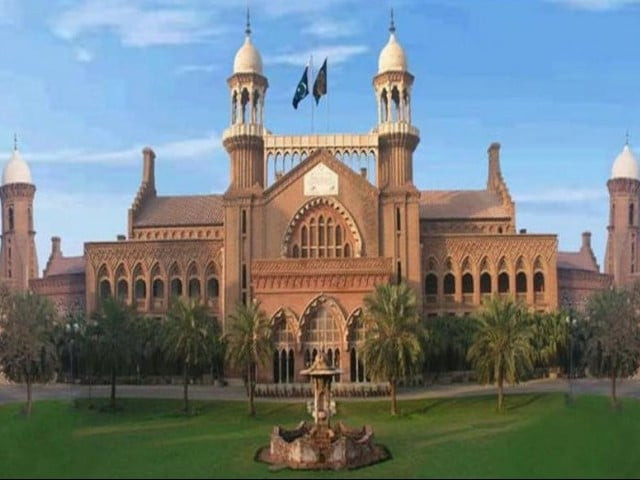Judges told to expedite cases of differently-abled people
On November 3, the LHC CJ had also taken initiative of establishing the first-ever ‘evening court’ in Lahore

PHOTO: LHC.GOV.PK
Lahore High Court Chief Justice Muhammad Anwaarul Haq on Saturday ordered all district and sessions judges of the province to give preferential treatment to the early hearing of cases of differently-abled litigants.
The initiative was taken under Clause (1) of Section 2(a) of the Disabled Persons (Employment and Rehabilitation) Ordinance 1981 which provides a standard for the differently-abled. “The government will take steps for zero tolerance with regard to the any type, nature, behavior of mishandling of person with disabilities by a person, department, private or public organization and make sure the utmost respect and access to them.”
The notification issued by the LHC reiterated that the district and sessions judges must ensure preferential treatment for the early hearing of all cases of disabled persons on applications to be filed by them.
On November 3, the LHC CJ Justice Anwaarul Haq had also taken the initiative of establishing the first-ever ‘evening court’ of Pakistan in Lahore. These courts would deal with family and minors’ custody cases. The objective was to shield the children of separated or divorced parents from the traditional court environment in which hardened criminals are presented in handcuffs.
Setting up the ‘evening court’ was the first major step taken by the CJ since he assumed his new role. He made the move in an effort to cause as little stress of discomfort to children when they come to meet their parents or visit the court for any other reason during custody hearings.
The pilot project kicked off from Lahore and the ‘evening court’ would work from 2pm to 7pm. It was stated in the notification that after Lahore, the pilot project would extend to the other 36 districts, if required, for expeditious decision of family cases under the West Pakistan Family Courts Act 1964 and the Guardians & Wards Act 1890. The aim was to secure the welfare of minors and further protect the best interests of the litigant public.
Parents and children felt insecure when they visited courts with their children as the premises was crowded with criminals, police officials and crowds of litigants. The CJ LHC took the decision to provide these litigants with a more favourable atmosphere in the evening rather than a time when the courts were overcrowded.



















COMMENTS
Comments are moderated and generally will be posted if they are on-topic and not abusive.
For more information, please see our Comments FAQ